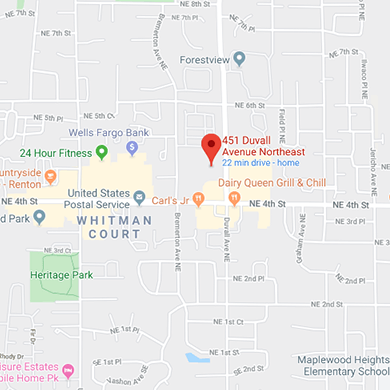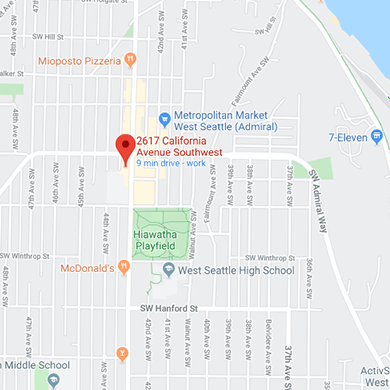General Anesthesia
General anesthesia will put your child into a deep sleep. He or she will be unable to feel pain or move around. General anesthesia for dental procedures can be provided by an anesthesiologist or dental anesthesiologist. These professionals are trained to deliver medication, monitor your child during the procedure, and handle any complications that may occur.
To prepare your child for general anesthesia, follow the guidelines given to you by the doctor regarding food and fluid intake before and after the procedure. Discuss the procedure with your child using simple terms that he or she can understand. Let your child rest quietly at home after the procedure. He or she will probably be ready to resume their normal schedule the next day.
We understand that going to the dentist may be stressful for some of our patients. If you're nervous about your dental visit, let us know! We want you to be as comfortable as possible during your dental treatment and are pleased to offer our patients the option of comfortable, safe, and effective sedation dentistry. Patients who benefit from sedation dentistry have:
- A fear or anxiety of being at the dentist
- A hard time sitting still for long periods of time
- Apprehension about certain dental procedures
What is Sedation Dentistry?
Sedation dentistry allows your doctor to provide a variety of dental treatments safely and comfortably for patients who experience anxiety when visiting the dentist. There are several benefits of sedation dentistry, including:
- Less fear or anxiety during treatment
- More comfort during dental procedures
- A more relaxing dental experience
Patients who have undergone a procedure using sedation dentistry will tell you it's a simple, relaxing way to experience dentistry.
Oral Sedation
Anxiolysis is a light form of sedation dentistry and is often used for patients with mild anxiety or those with longer procedures or more complex situations. Usually administered orally, with mild sedation, you remain awake or very sleepy throughout the entire procedure and are able to breathe on your own, but you will feel a great sense of relaxation. Patients typically recover from anxiolysis sedation within a few hours after the procedure is complete.
Inhaled Sedation
Nitrous oxide, or laughing gas, is the most frequently used method for easing mild to moderate anxiety. Administered through a small mask that fits over your nose, it is an effective way to calm anxiety, raise your pain threshold, and even make time seem like it's passing quicker than usual. At the end of your appointment, you'll resume breathing regular oxygen, and all the effects of nitrous oxide will disappear, so you can resume your normal activities immediately.
Understanding the range of choices that are available to relieve anxiety and discomfort can be very useful. Please contact our practice to schedule a consultation, learn more about sedation dentistry, and find out which sedation dentistry method is right for you.



